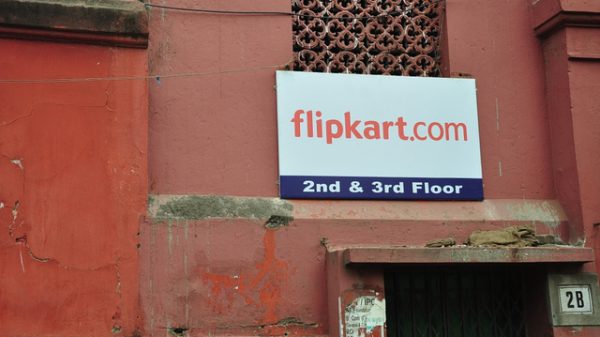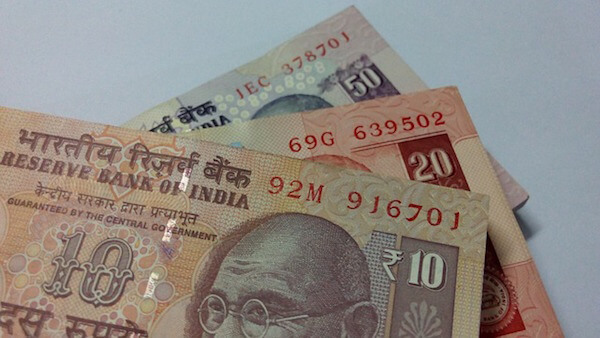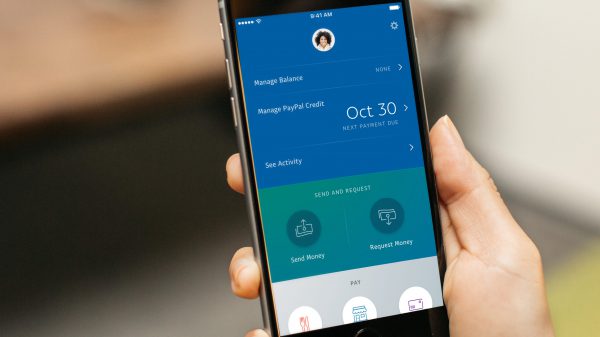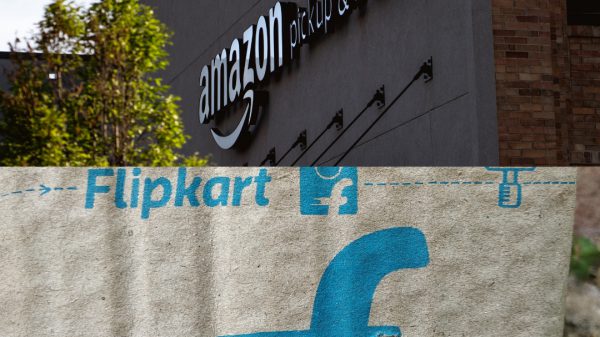Flipkart’s Business-2-Business wholesale marketplace will start offering grocery items, the company announced on Wednesday. The grocery operations will first be made available to retailers in Gurugram, who can order products from the Flipkart Wholesale app. The company had launched its Wholesale B2B platform in September 2020, initially for fashion retailers, especially footwear and apparel.
The company said it will operate a 100,000 square feet fulfillment centre in Bilaspur, Gurugram to offer grocery services to retailers in the city. Using the app, retailers will be able to order staples, personal care, beverages, cleaning and laundry, snacks and biscuits, and packaged food products across more than 350 brands, the company said. Flipkart added that the grocery operations will soon be extended to more cities across the country.
Flipkart said that its wholesale service currently employs 6,500 people across the country. “This Fulfillment Centre in Gurugram will create new jobs and opportunities for the people of Haryana and the launch of grocery on the Flipkart Wholesale app will help kiranas,” said Devender Singh, Additional Chief Secretary, Agriculture, Public Health and Irrigation, government of Haryana.
Flipkart’s main rival in India, Amazon India set up its wholesale operations in the country back in 2013, and operates the service from its B2B portal AmazonBusiness.in. Flipkart is also expected to face some competition from B2B wholesale platform Udaan.
Flipkart saw a 35% increase in sellers onboarded in 2020 over the previous year. The sellers came from Tier-2 and Tier-3 cities such as Tiruppur, Howrah, Zirakpur, Hisar, Saharanpur, Panipat and Rajkot, with the products falling within household items, women’s ethnic wear, grooming, home decor, and toys and school supplies.
Indian retail traders pushback against Flipkart, Amazon
Flipkart’s announcement comes after the two major e-commerce platforms in the country face pushback from brick and mortar retailers, who claim that the platforms have significantly dented their revenues by offering products at predatory prices. The traders body Confederation of All India Traders (CAIT) also said that Amazon and Flipkart are proving to be a “major roadblock” in small traders adopting digital commerce, while continually accusing the two platforms of violating India’s Foreign Direct Investment in e-commerce rules.
In January 2020, the Department for Promotion of Industry and Internal Trade (DPIIT) forwarded complaints against Amazon and Flipkart, made by CAIT, to the Enforcement Directorate and the Reserve Bank of India for “necessary action”.
Also read:




















